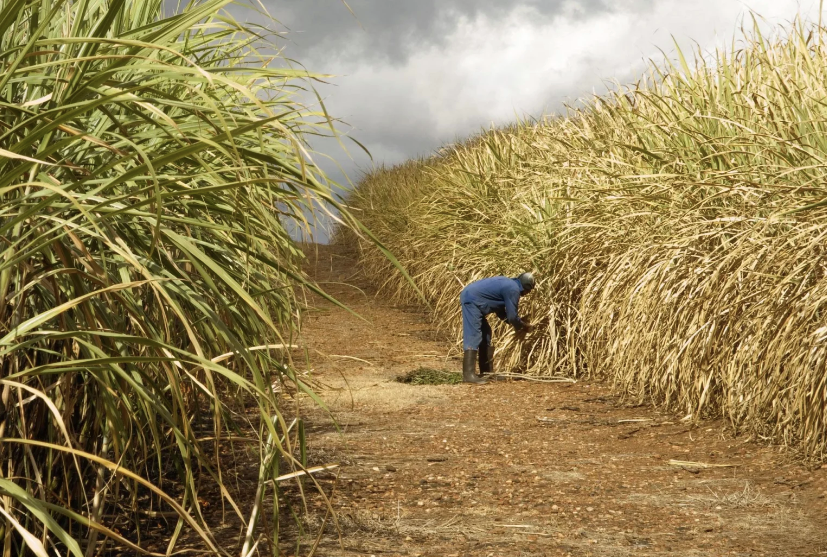A High Court sitting in Busia has granted reprieve to sugarcane farmers in western Kenya by halting a controversial decision by the Kenya Sugar Board (KSB) that sought to temporarily shut down milling operations and prohibit the purchase of mature sugarcane. The court ruled in favour of a petition filed by a group of aggrieved farmers, allowing them to continue harvesting and selling their cane to milling companies.
Justice William Musyoka quashed the KSB’s directive and allowed the petitioners to apply for an order of mandamus compelling the board to facilitate the sale of mature sugarcane. He also allowed them to seek conservatory orders to stay the board’s move to suspend milling in the lower and upper western catchment areas for three months.
“Leave is granted to the ex parte applicants to apply for an order of mandamus compelling the Kenya Sugar Board to allow and facilitate the harvesting and sale of the applicants’ mature sugarcane to the designated milling company,” ruled Justice Musyoka.
The farmers, led by Cleophas Okwara, Peter Manyuru and three others, challenged the KSB directive, citing violation of their economic and contractual rights. “We expect the KSB to comply with the court order and millers to immediately resume harvesting our matured canes,” said Manyuru.
They further expressed concern that the directive might have been aimed at creating an artificial sugar shortage to benefit unscrupulous traders through increased sugar imports. According to Moses Emudu, the farmers had pre-existing contracts with millers, and the abrupt decision risked breaching those agreements and causing massive losses.
The petitioners told the court that the decision by the board was arbitrary and lacked proper consultation with stakeholders. “These losses were avoidable if there had been proper consultations before the directive was issued,” they argued.
As a long-term solution, the farmers are now calling for their inclusion in the Kenya Sugar Board through the next election to ensure their voices are heard and their interests protected.
The ruling is a significant victory for farmers in the region, who rely heavily on sugarcane farming for their livelihoods.

